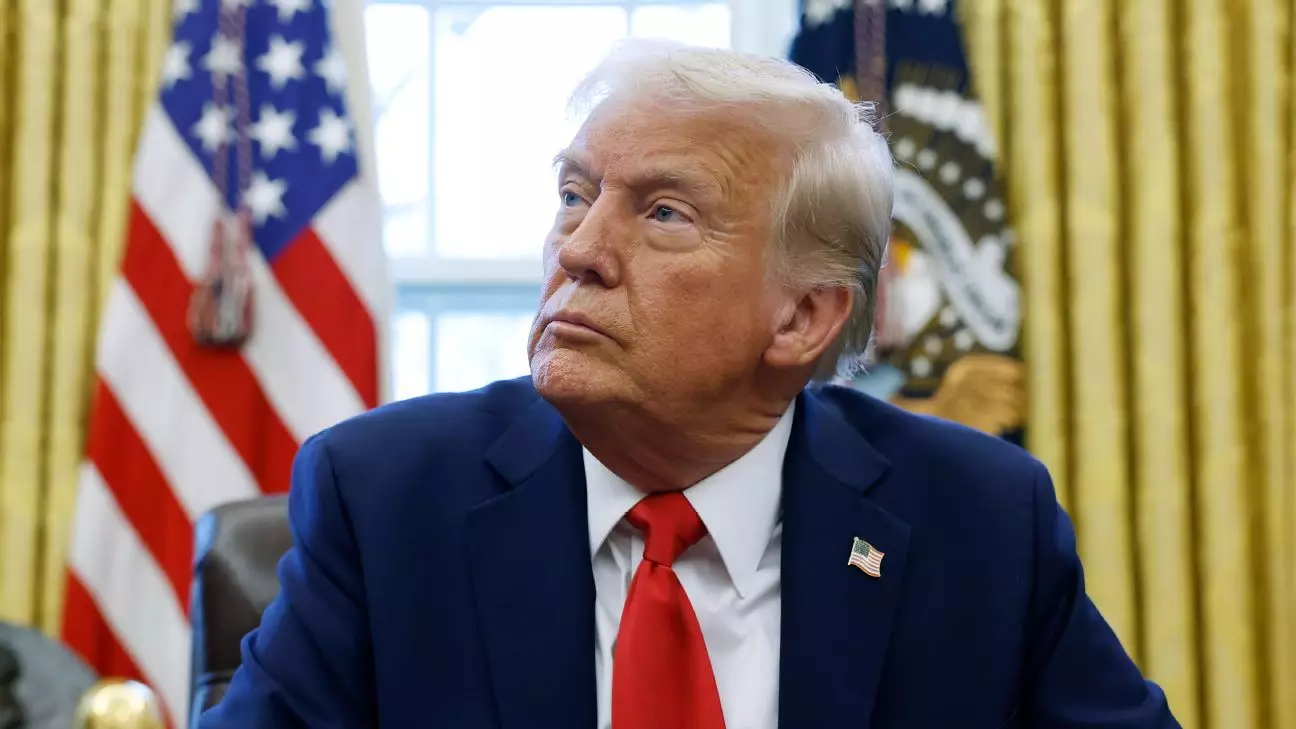In an unprecedented move, President Donald Trump is set to attend the Super Bowl in New Orleans, making him the first sitting U.S. president to do so. This significant moment not only highlights the intertwining of politics and popular culture but also sets a notable precedent for future leaders. The Super Bowl, being one of the most-watched sporting events in the United States, represents an opportunity for the president to connect with millions of Americans outside the formal political arena.
The U.S. Secret Service is spearheading security preparations for the occasion, with officials having been on-site days prior to the event. The magnitude of the event has prompted an increase in security measures, reflecting the administration’s commitment to ensuring a safe environment for all attendees. Anthony Guglielmi, a spokesperson for the Secret Service, emphasized that extensive planning has been coordinated to protect not just the president but also players and fans present at the stadium.
As the nation gears up for the game between the Kansas City Chiefs and the Philadelphia Eagles, attendees can expect updates regarding security checkpoints and protocols. This level of preparation underscores the unique challenges associated with a sitting president attending a public event.
Trump’s attendance at the Super Bowl is complemented by his plans to conduct a televised interview with Fox News’ Bret Baier prior to the game. This interview will form part of the network’s preshow programming, which allows Trump to leverage the massive audience of the Super Bowl to convey his message. Engaging with the public through major sporting events has become a strategy for recent presidents to connect with voters in a relaxed and informal setting.
While some might criticize this blurring of lines between entertainment and governance, it’s hard to deny the power of such platforms in shaping public perception. Trump’s upcoming interaction holds the potential to resonate with a wide demographic, particularly football fans who may not frequently engage with political discourse.
Despite his engagement with one of America’s most beloved pastimes, Trump has kept his alliance with either team under wraps. When pressed for his predictions for the game, he reserved his comments, rather playfully hinting towards Kansas City Chiefs quarterback Patrick Mahomes but ultimately withholding his outright support for a team. This tactical ambiguity may serve him well, as it allows him to broaden his appeal among fans of both teams.
In a gesture of acknowledgment, Trump had previously congratulated the Chiefs on their AFC Championship win, tying his political brand to their success and the fervor of their fanbase. Such interplay between sports and politics can serve to strengthen his connection with certain voter blocs, especially in a time where public sentiment plays a crucial role in political momentum.
As the 2023 Super Bowl approaches, Trump’s attendance may pave the way for future presidents to engage more openly in cultural events without the fear of backlash. This evolution in presidential presence at such events could signify a shift in how political leaders interact with their constituents—embracing the cultural fabric that unites Americans beyond the traditional political spectrum. Whether this marks a return to a more relatable and accessible presidency remains to be seen, but one thing is clear: the Super Bowl has transcended sports to become a vital intersection of American culture and politics.


Leave a Reply